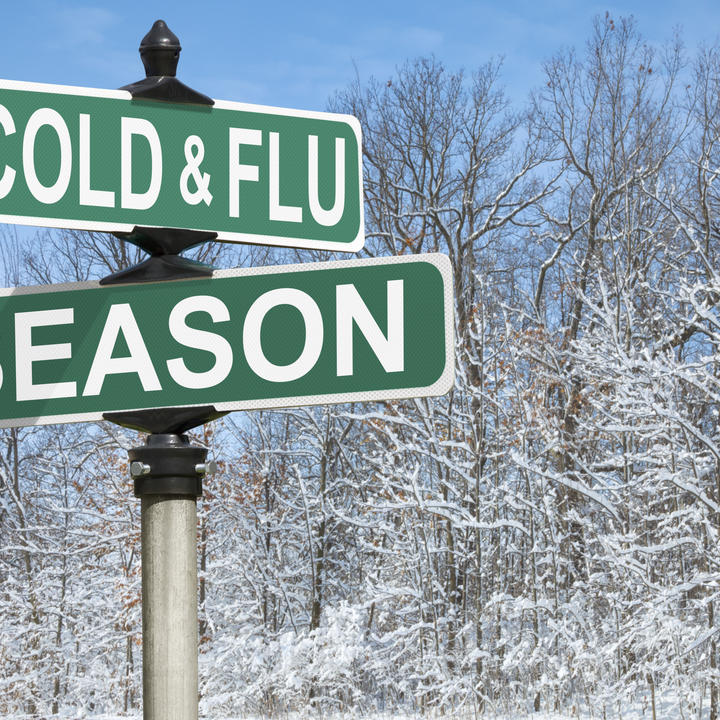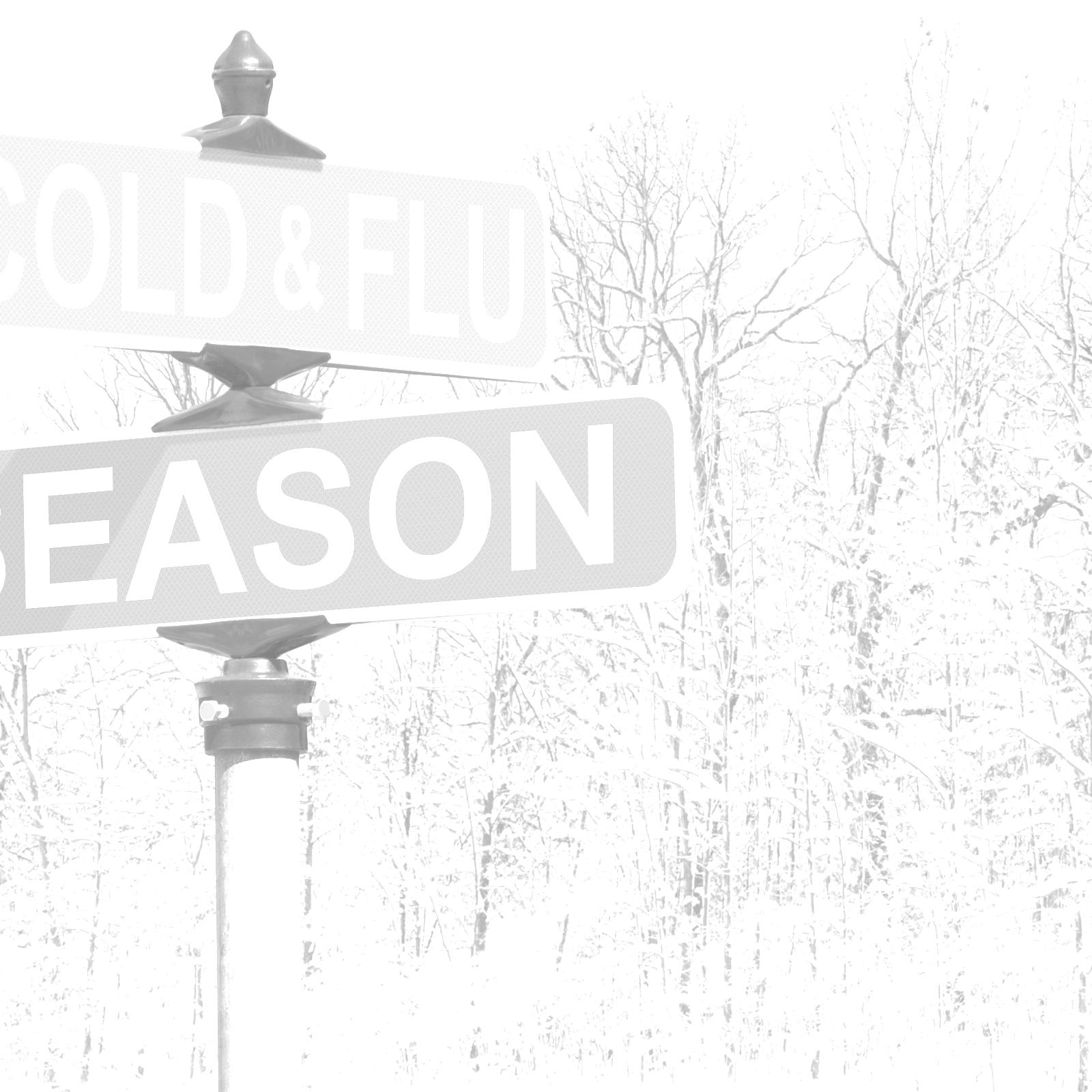In this project, we aim to combine our existing frameworks for generating infectious disease forecasts and scenario-based projections. Next, we will apply them specifically to seasonal influenza during the 2022-23 season. The forecasting pipeline incorporates various statistical and machine learning methods and is being combined through a phase-informed ensemble. Scenario-based projections are generated through mechanistic metapopulation models using age-stratified and spatially explicit models. The project will also leverage our work developing meaningful indicators of disease activity which will provide useful insights for policymakers.
We find that phase-informed ensembles are more robust across the different epochs of the COVID-19 pandemic than a traditionally trained ensemble. We also find that using auxiliary sources, such as search activity and outpatient syndromic surveillance leads to more robust ensembles. These findings were reported in a series of papers at the IAAI 2022 and IEEE BigData 2022 conferences. The latter was recognized as the Best Paper submitted.
Executive Director
Distinguished Professor in Biocomplexity, Biocomplexity Institute
Professor of Computer Science, School of Engineering and Applied Science






